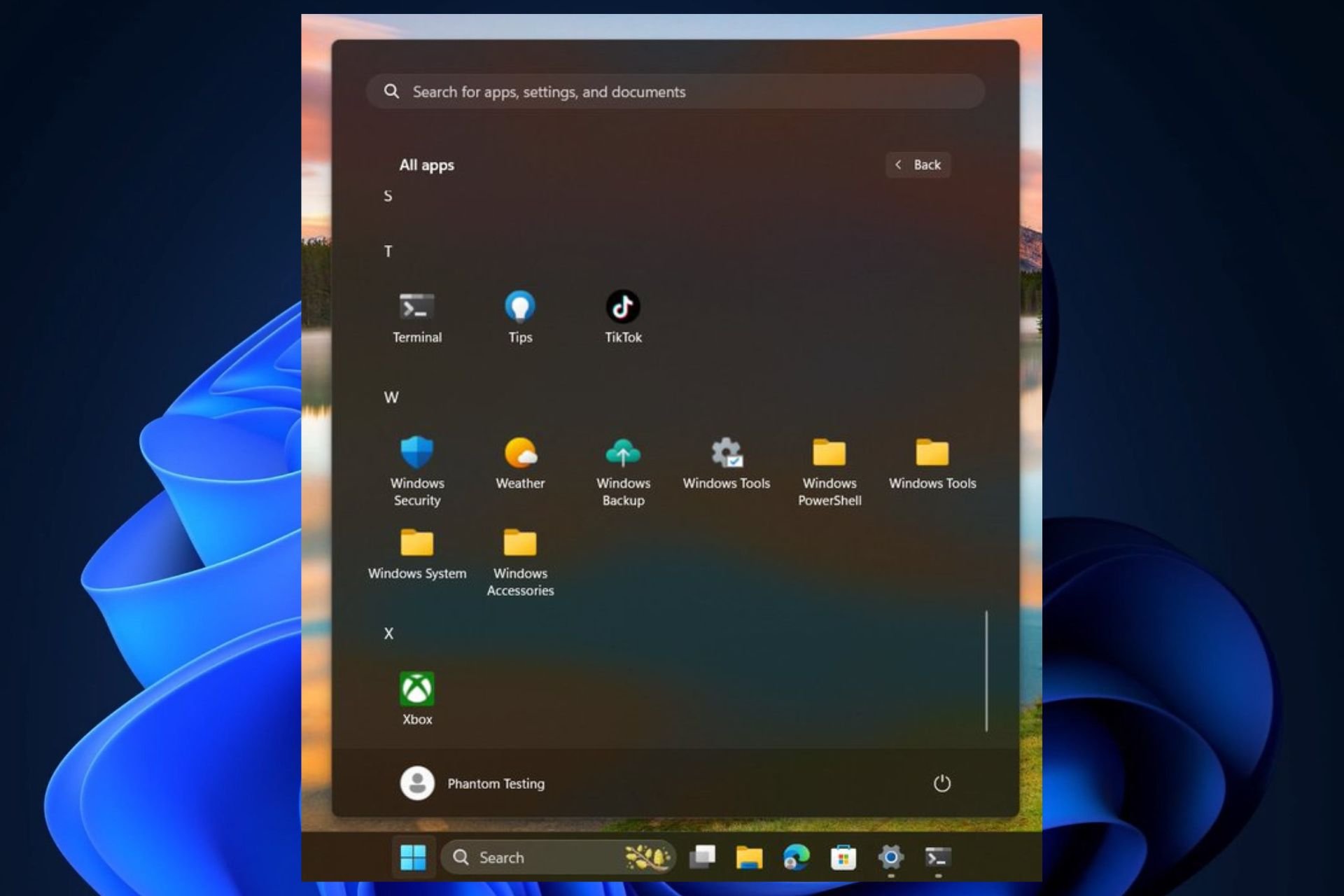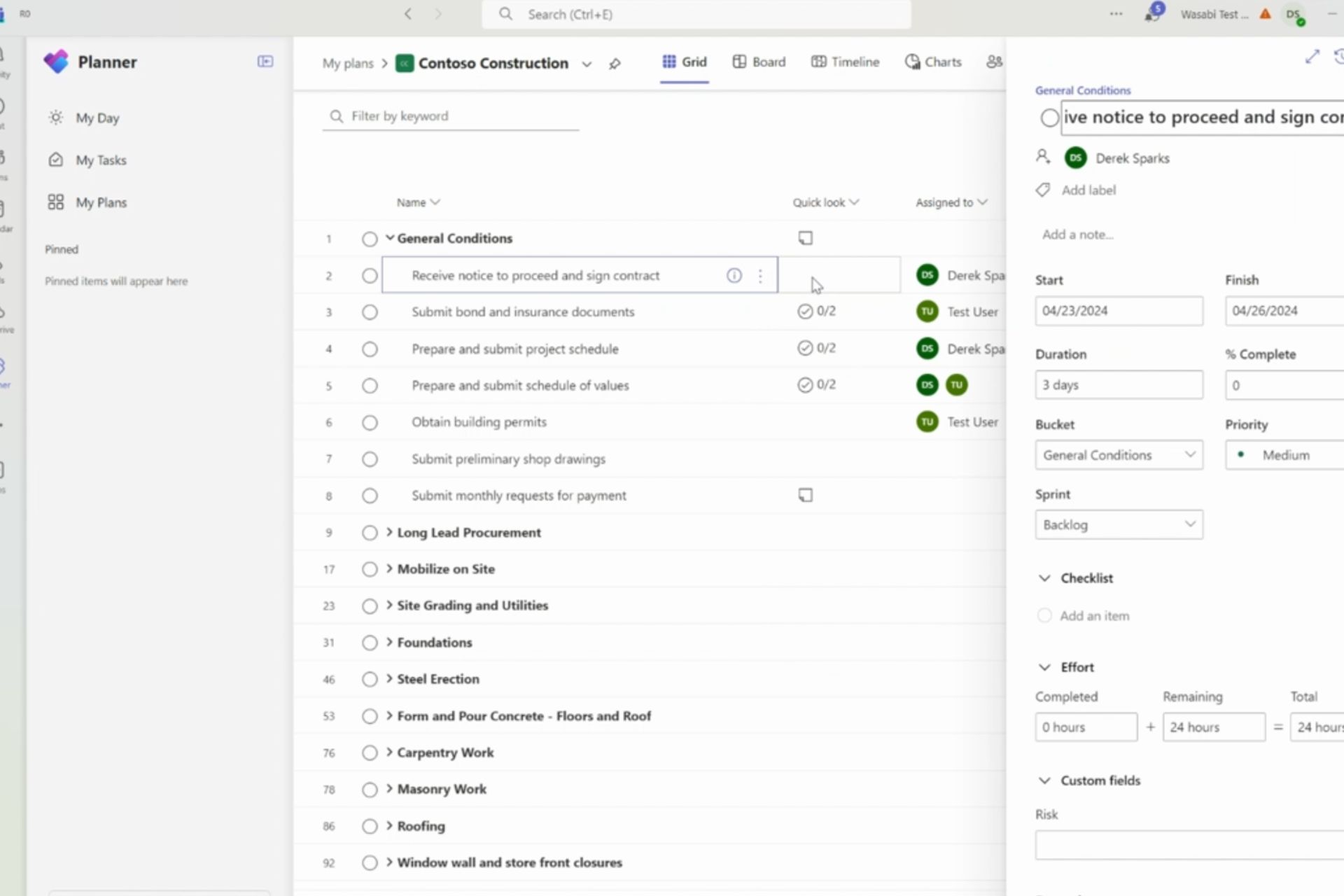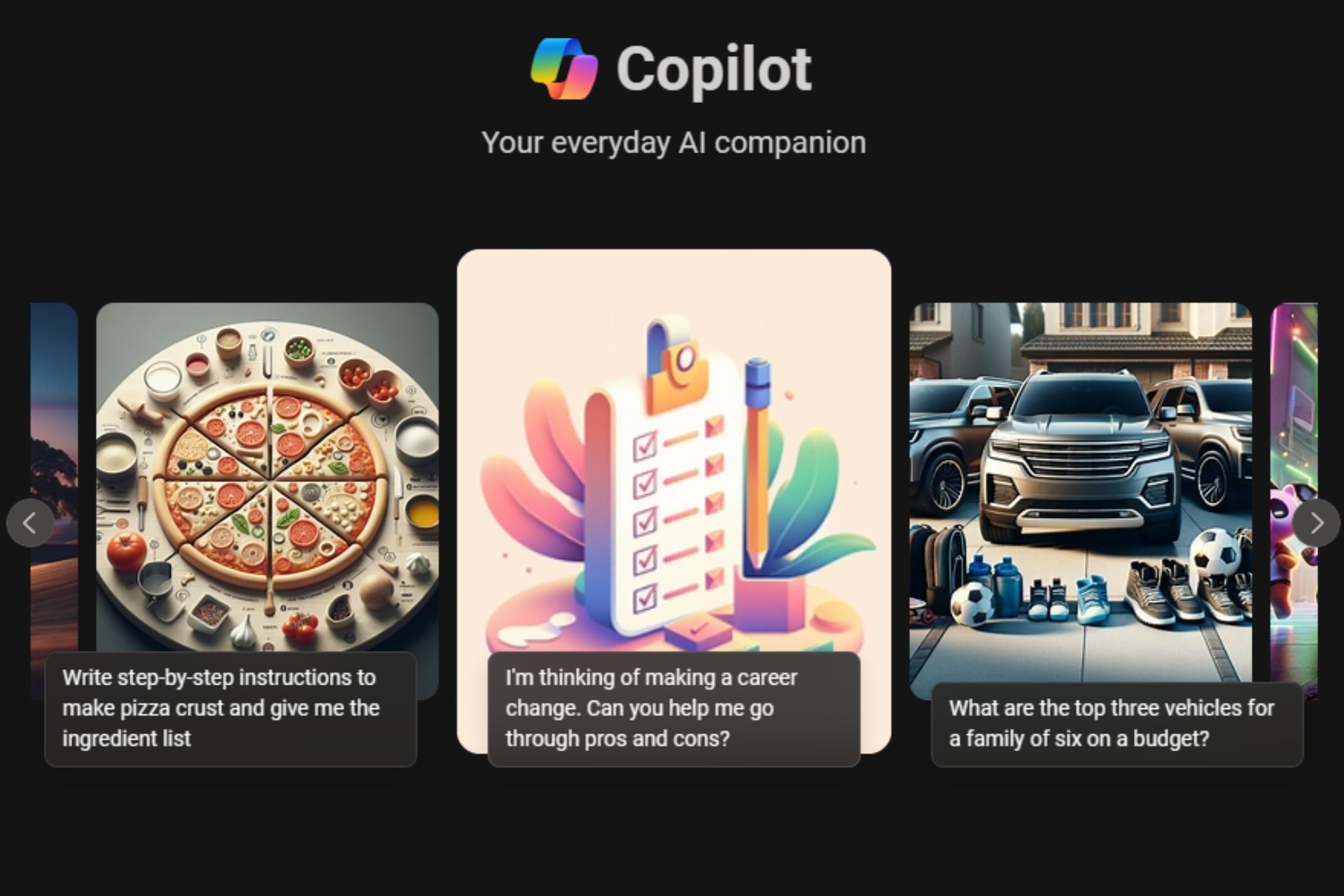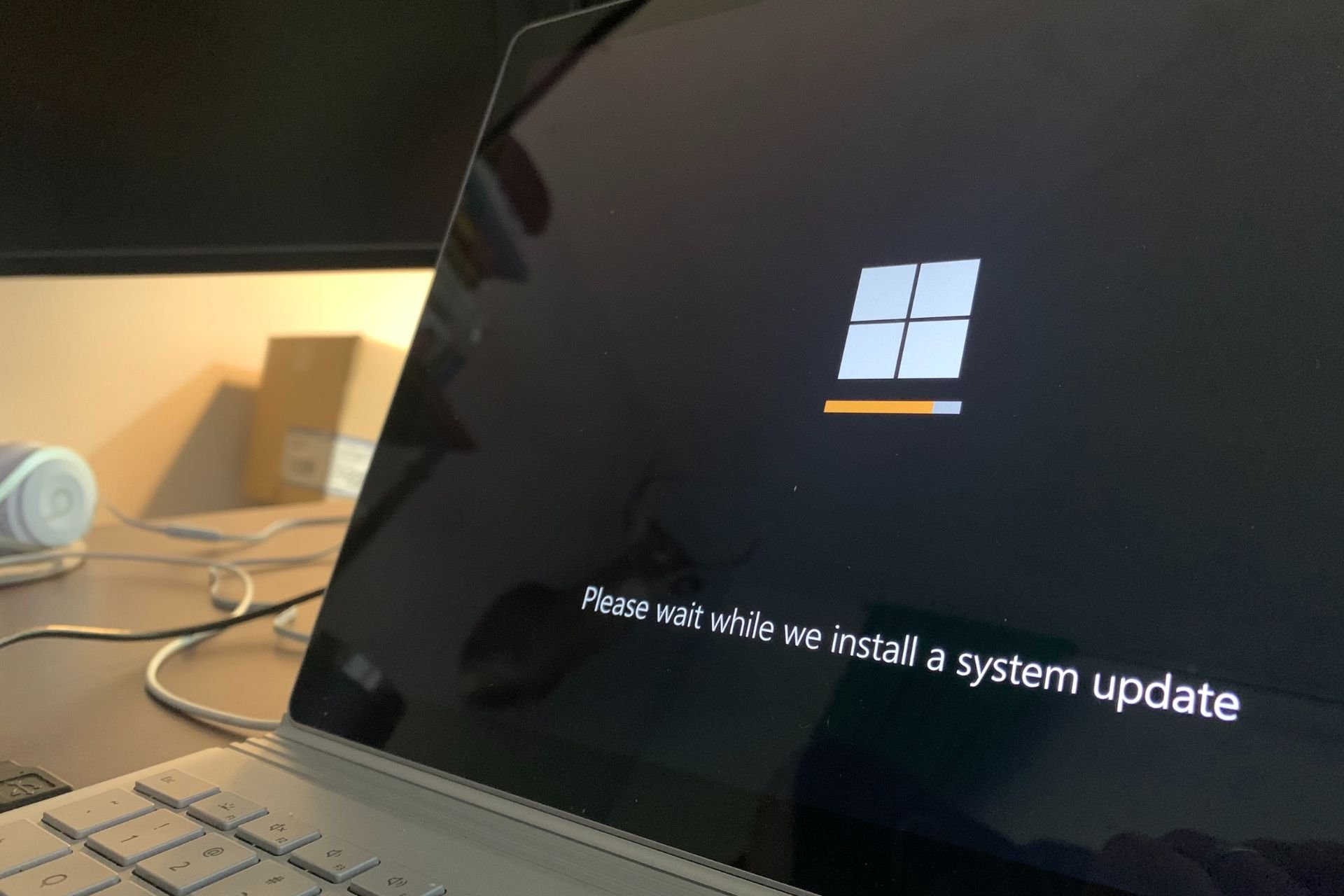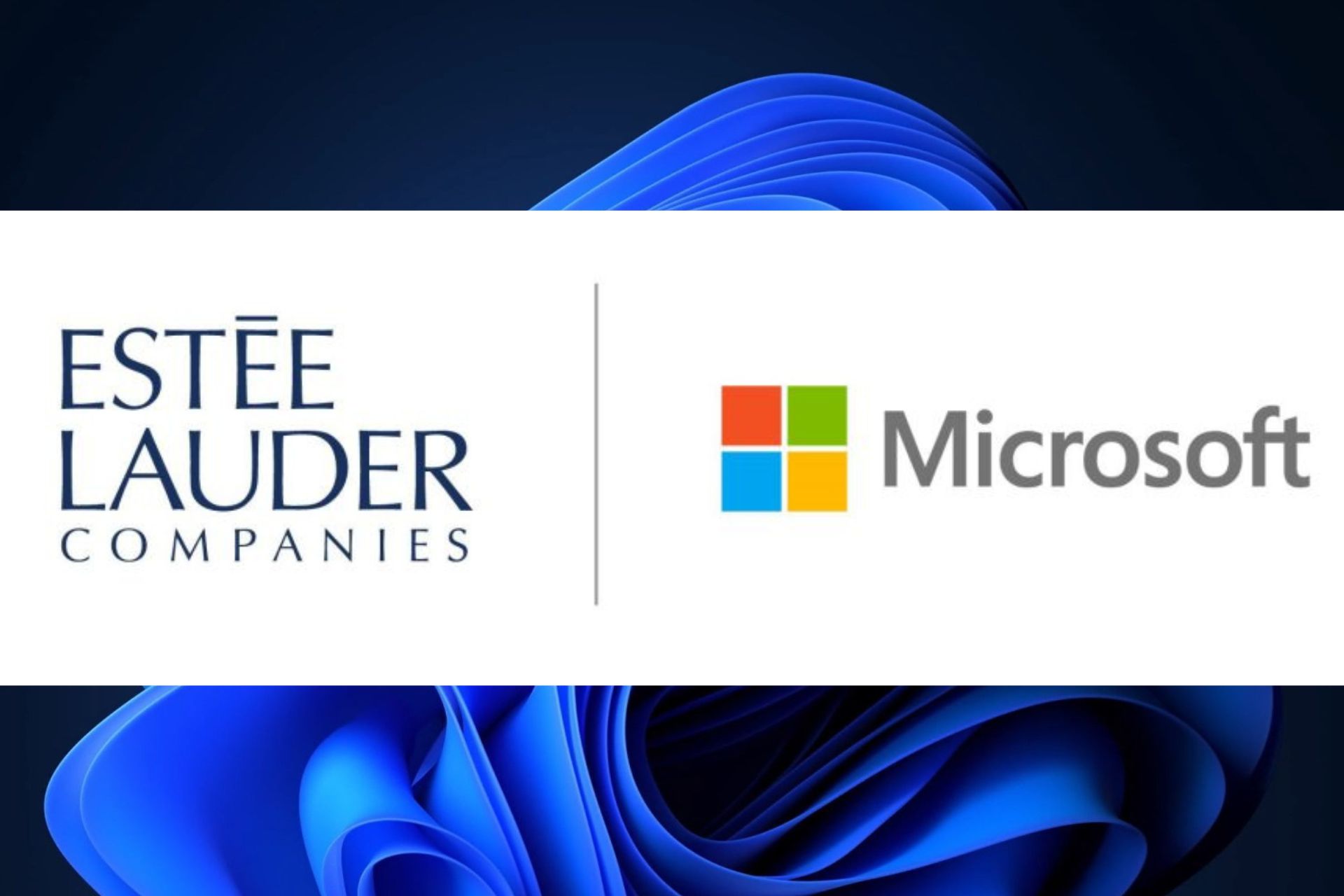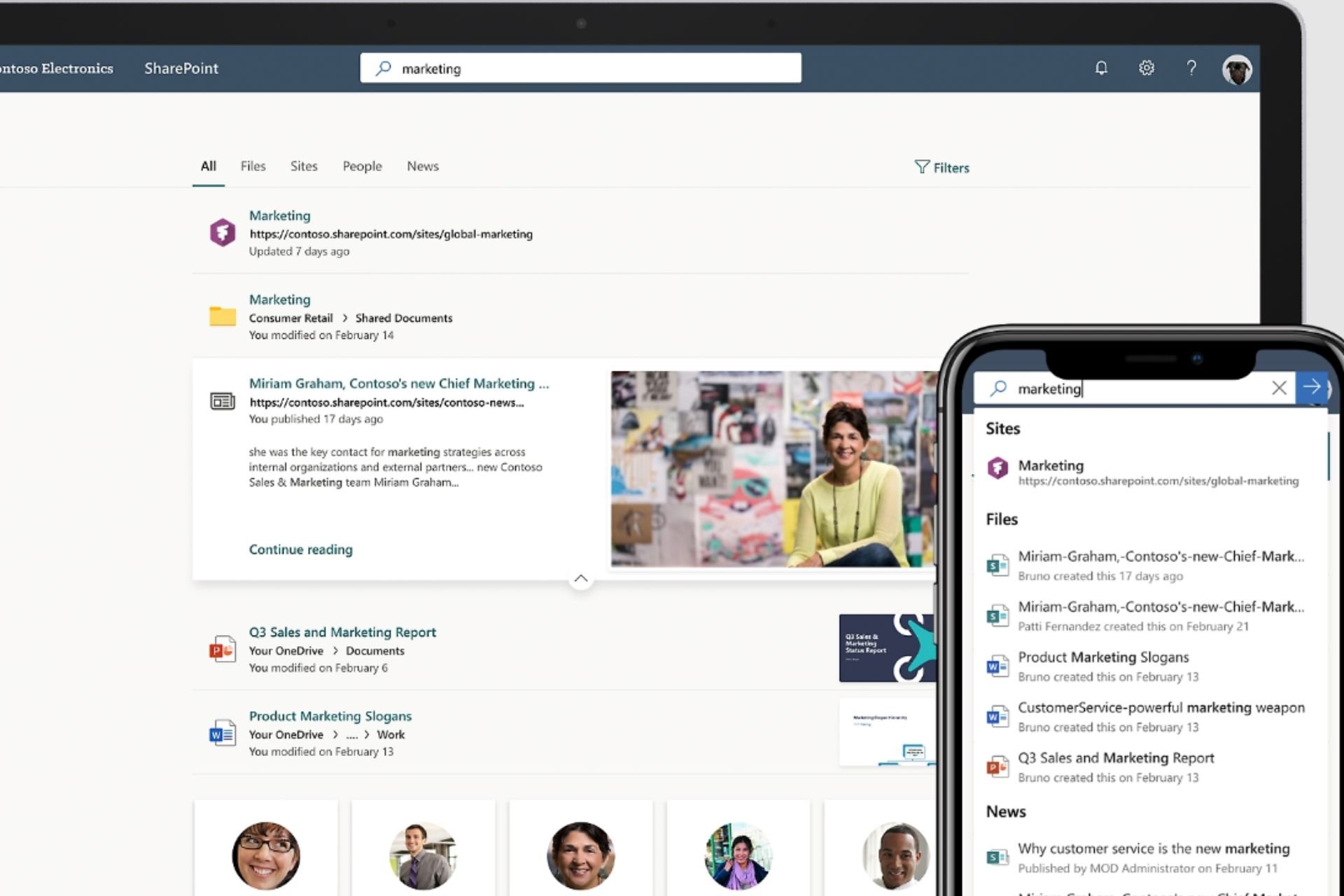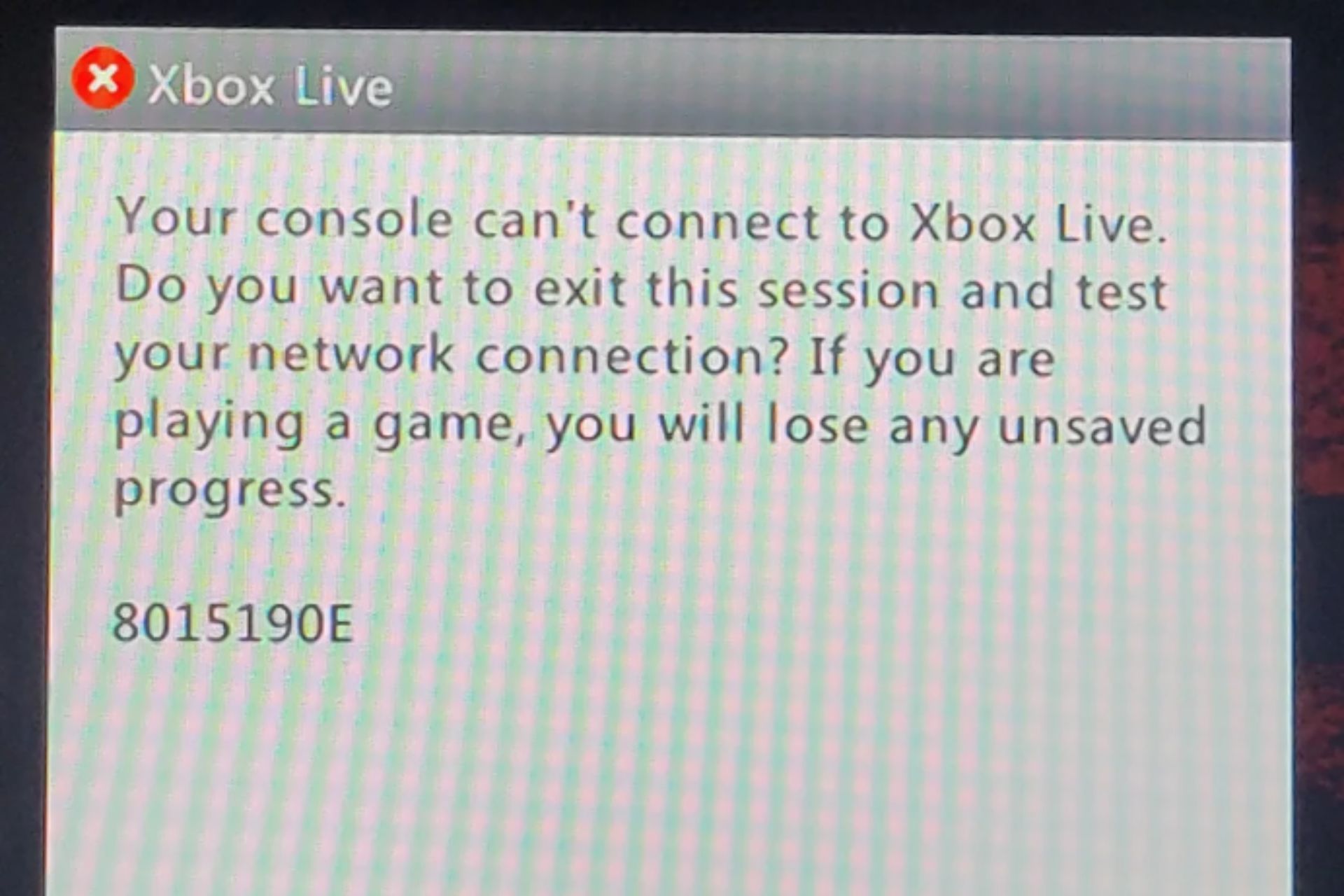Microsoft partners with R3 to advance blockchain technology
4 min. read
Published on
Read our disclosure page to find out how can you help Windows Report sustain the editorial team Read more
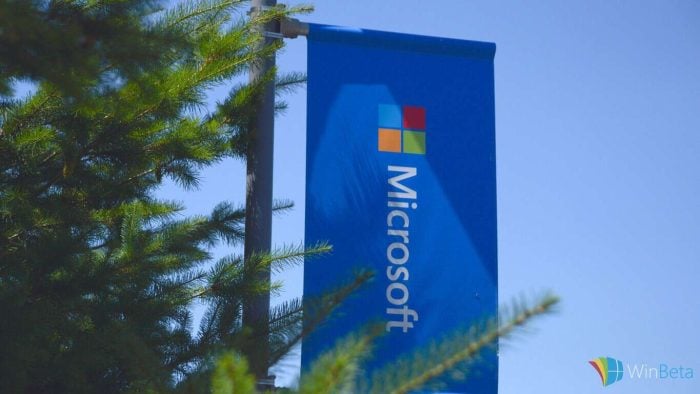
The cryptocurrency Bitcoin at best can be described as a mixed success, so far. It was the first decentralized digital currency and it spawned a shift in how we think about transactions over the internet. With no government, bank or single person able to control the currency – even if they wanted to – Bitcoin has the potential to democratize financial transactions, regardless of borders.
But the currency has had its troubles. It is suspect to wild fluctuations in value, many online banks holding bitcoin wallets have been hacked and pilfered, and in most of the public eye, Bitcoin has become synonymous with dark web activities and black market transactions.
Regardless of how Bitcoin’s story plays outs, there is one fundamental thing about the cryptocurrency that stands to be revolutionary. Bitcoin pioneered a new technology known as blockchain. Blockchain is important because it introduced the concept of a distributed ledger. This concept is what gives Bitcoin its ability to be a currency without banks and national borders.
Instead of an authority, be it government or financial institution, acting as a clearing house for transactions, this virtually unhackable distributed ledger acts as the clearing house itself. What’s more is everyone who uses the blockchain has access to the records of asset ownership, and transactions can securely take place without a middleman gunking up the work or exacting a fee.
If companies used distributed ledgers for their accounting and back-end operations, it could also reduce human errors like double transactions or fraudulent manipulation. Academics speculate blockchain has the potential to revolutionize everything from the financial services industry to countries’ records of land deeds to fine art markets. But that all depends on who can first find a way to make the technology convenient and fast.
Because of blockchain’s promise, two years ago a group of banks formed a strategic partnership, known as the R3 Consortium, to research and develop blockchain technologies for use in the financial system. The Consortium now spans 42 financial companies, including Barclays, Credit Suisse, Goldman Sachs, J.P. Morgan, UBS, Bank of America, Citicorp, and many more big name financial institutions from around the world.
And just today, the R3 Consortium and Microsoft announced a strategic partnership to advance the use of blockchain technologies. Microsoft’s role will be to provide “cloud-based tools, services and infrastructure for R3 lab locations around the world, as well as dedicated technical architects, project managers, lab assistants and support services.” The hope is that with Microsoft’s resources and expertise will enable R3’s labs to accelerate their development of a distributed ledger technology for financial services companies.
Peggy Johnson, Microsoft’s executive vice president of global business development, said in today’s press release that:
With intelligent, cloud-based technology, R3 and member banks will experiment and learn faster, accelerating distributed ledger technology deployment… What’s more, our collaboration brings to light tremendous opportunities to rethink business processes and transform entire industries.
And the CEO of R3 added:
The Azure platform and intelligent cloud services bring advanced capabilities to this budding financial ecosystem, and the commitment by Microsoft will accelerate the adoption of distributed ledger technology around the globe and take our R3 Lab and Research Center offering to a new level of capability.
Today’s announcement expands the number of partners Microsoft is engaged with to deliver new blockchain technologies. It is also another step forward for Microsoft’s Azure program Blockchain as a Service (BaaS), which aims to be the preferred cloud platform for easily providing cloud access to blockchain solutions.
In today’s Azure blog post, Microsoft’s Marley Gray explains that in R3’s selection process of a cloud vendor they tested five different blockchain platforms on each IBM, Amazon, and Microsoft’s cloud. Microsoft’s Azure emerged as R3’s preferred cloud provider because of “its flexible, open, and comprehensive set of enterprise-grade grade services including Internet of Things (IoT), advanced analytics and machine-learning algorithms, security features, and developer tools.”
Blockchains have been around for less than a decade and the potential of this technology has not even begun to be realized. Distributed ledgers offer an open and transparent way for people and organizations to securely engage in transactions from all corners of the globe without the need of middlemen and cumbersome clearing houses. Implemented right, it could facilitate trust, transparency, and incredible efficiencies in economic transactions on a scale not yet achieved with current technologies. But first someone has to get the technology right, and blockchains are still in their infancy. And there will be stumbles along the way like Bitcoin. Hopefully, Microsoft’s expanding partners in its Azure Blockchain as a Service program will lead to some incredible real world solutions.

